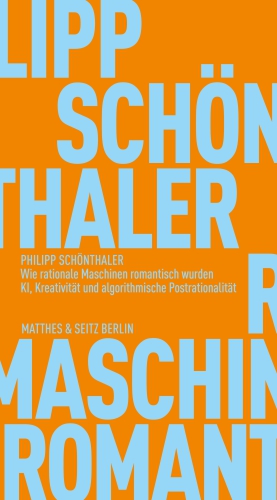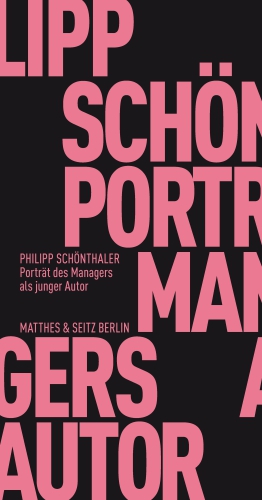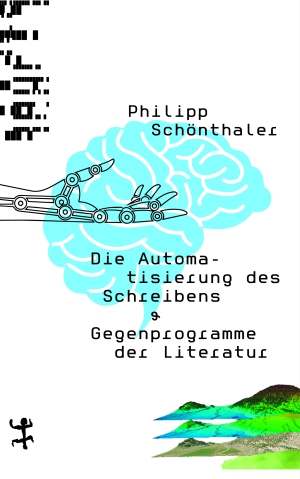Based on Daniel Kehlmann's trip to Silicon Valley and his attempt to write a narrative with the help of an AI, Philipp Schönthaler shows how romanticism as a cultural interpretation scheme still unfolds its power even where technology wants to appear the most advanced: in visions of a singularity and super intelligence.
While in the 1960s the computer, which was still finding its way into society as an agent of objectivity, transparency and reliability, and the "birth of poetry from the spirit of the machine" stood for an anti-romantic writing programme, today digital technologies are increasingly regarded as opaque, biased and, above all, creative. The contrast between a natural poetry, which allows the act of writing to begin in an ego anchored in the lifeworld, and an artificial poetry, which, in a radical departure from this, binds it to the functional principle of a rule-governed and rationally operating machine, has long since become blurred. But how did it come about that the space-filling apparatuses of cutting-edge technology, which had little to do with the culture of the fine arts, became the blueprint for writing? And what does it mean that computers are now received less through their logical-mathematical functions than through a popular-romantic pattern?
"Artificial intelligences will continue to rely on the romantic idea of an infinite literature in the future, because this is the only way they can provide full proof of their intelligence, creativity and emotionality by drawing on literature and art."
Essay
Philipp Schönthaler, born in Stuttgart in 1976, received the Clemens Brentano Prize in 2012 for his narrative debut Nach oben ist das Leben offen. He lives in Berlin.










